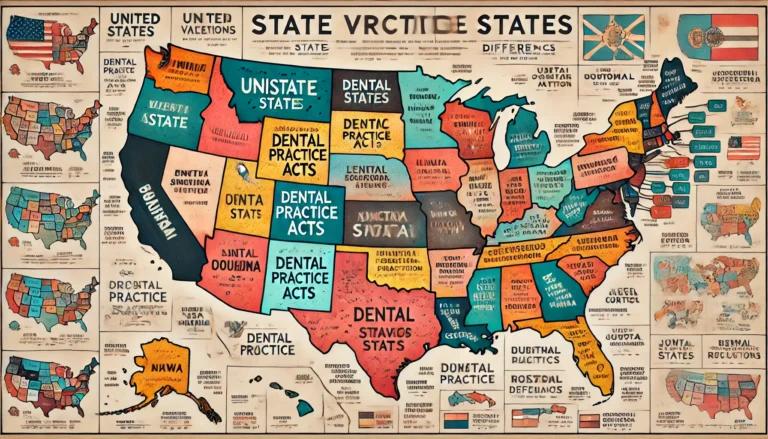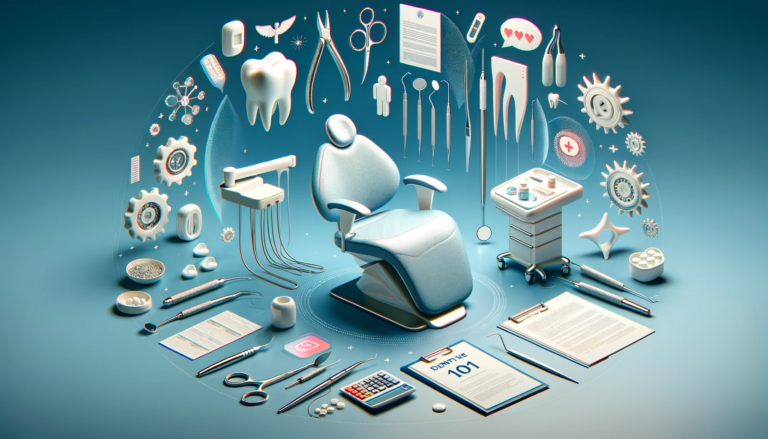Unveiling the Dentist’s Gatekeepers: Authority and Responsibilities of Dental Boards
Dental care is an essential aspect of maintaining our overall health and well-being. When you visit a dentist, you trust them with the responsibility of ensuring your oral health. But have you ever wondered who oversees and regulates the dental profession to ensure that you receive safe and quality care? That’s where dental boards come into play. In this article, we’ll delve into the authority and responsibilities of dental boards, shedding light on their critical role in the world of dentistry.

What are Dental Boards?
Dental boards, also known as dental regulatory bodies or dental licensing boards, are independent organizations established by each state or territory in the United States to oversee and regulate the practice of dentistry. They play a crucial role in ensuring that dental professionals meet high standards of competence, ethics, and safety in delivering dental care to the public.
Authority of Dental Boards
- Licensing: One of the primary responsibilities of dental boards is to grant licenses to individuals who have met the rigorous educational and examination requirements necessary to practice dentistry or dental hygiene legally. This authority helps protect patients from unqualified practitioners.
- Setting Standards: Dental boards establish and enforce standards for dental education programs, ensuring that dental schools maintain high-quality curricula and clinical training. This helps maintain the overall quality of dental professionals entering the field.
- Continuing Education: Dental boards often mandate continuing education for licensed professionals, requiring them to stay up-to-date with the latest advancements in dental care, technologies, and ethics. This ensures that your dentist is continually improving their skills.
- Ethical Oversight: Dental boards are responsible for enforcing a code of ethics within the profession. They investigate and take action against practitioners who engage in unethical behavior or professional misconduct, protecting the interests of patients.
- Consumer Complaints: If you have a concern or complaint about a dental professional’s care, dental boards are the authorities to contact. They investigate complaints and take disciplinary actions when necessary to safeguard the public.
Responsibilities of Dental Boards
- Examinations: Dental boards administer and oversee licensing examinations, such as the National Board Dental Examination (NBDE), to assess the competence of dental graduates. Passing these examinations is a prerequisite for obtaining a dental license.
- Accreditation: Dental boards work closely with organizations like the Commission on Dental Accreditation (CODA) to ensure that dental education programs, including dental schools and dental hygiene schools, meet the required standards for accreditation.
- License Renewal: Dental boards set renewal requirements for dental licenses, including continuing education hours. Dentists and dental hygienists must meet these requirements periodically to maintain their licenses.
- Investigations and Disciplinary Actions: Dental boards investigate complaints against dental professionals. If a practitioner is found to be in violation of ethical or professional standards, the board can take disciplinary actions, ranging from reprimands and fines to license suspension or revocation.
- Public Education: Dental boards often provide educational resources to the public to inform them about their rights and how to choose a qualified dental professional. They also educate dental practitioners about the latest regulations and standards.
Ensuring Safe and Quality Dental Care
Dental boards are the guardians of your oral health. Their authority and responsibilities are essential for maintaining high standards within the dental profession. When you visit a licensed dentist or dental hygienist, you can trust that they have undergone rigorous training, examination, and oversight by dental boards to provide you with safe, ethical, and high-quality dental care.
So, the next time you sit in the dental chair, remember that dental boards are working behind the scenes to ensure that your smile is in capable hands.
In conclusion, understanding the authority and responsibilities of dental boards is crucial for both dental professionals and the public. It highlights the dedication of these regulatory bodies to safeguarding the quality and ethics of dental care. Whether you’re a dental enthusiast or a prospective patient, knowing the role of dental boards is vital in making informed decisions about your oral health.


